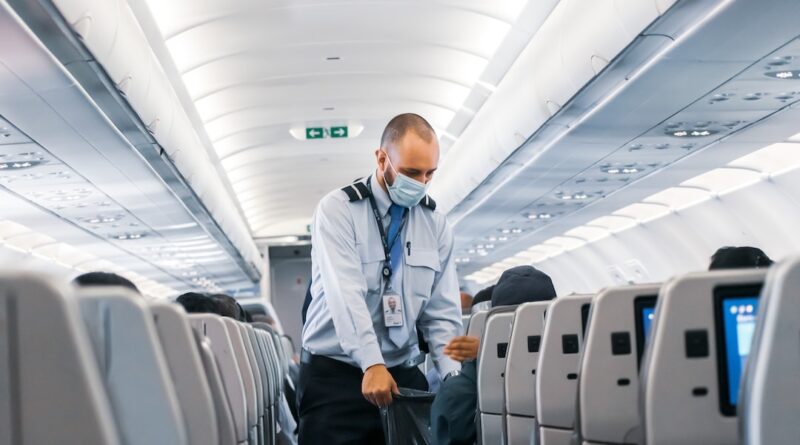What should I do if the airline is not responding to my compensation claim?
If you’ve recently experienced a flight delay, cancellation, or other disruption, you may be entitled to compensation from the airline. However, sometimes airlines can be slow to respond to compensation claims, or may even ignore them altogether. If you’re in this situation, here’s what you should do.
First, make sure you’ve followed the correct process for submitting your claim. Many airlines have specific procedures for submitting claims, and if you don’t follow them, your claim may be rejected. If you’re not sure what the process is, contact the airline directly and ask for details.
Second, check that you’ve included all the necessary information in your claim. Airlines often require evidence of your disruption, such as flight details, receipts, and boarding passes. Make sure you’ve included all of this in your claim, as this can help to speed up the process.
Third, if the airline is still not responding to your claim, you may need to take further action. One option is to contact the airline directly and explain your situation. Make sure you have all the relevant information to hand, such as flight details and receipts, so that you can provide this to the airline.
Fourth, if the airline is still not responding, you may need to take legal action. You can do this by filing a complaint with the relevant aviation authority, such as the Civil Aviation Authority in the UK. This will usually involve submitting a detailed complaint, along with evidence of your disruption. The aviation authority will then investigate your complaint and may be able to take action against the airline.
Finally, if all else fails, you may need to take your case to court. This can be a lengthy and expensive process, so it’s important to make sure you have a strong case before you proceed. You may also need to hire a lawyer to help you with the process.
In summary, if the airline is not responding to your compensation claim, there are a few steps you can take. First, make sure you’ve followed the correct process for submitting your claim. Second, check that you’ve included all the necessary information in your claim. Third, contact the airline directly and explain your situation. Fourth, if the airline is still not responding, you may need to take legal action. Finally, if all else fails, you may need to take your case to court.
If you have been denied compensation from an airline for a delayed or cancelled flight, you may be wondering what to do next. The good news is that there are several steps you can take to get the airline to respond to your claim.
First, it is important to understand the laws and regulations that govern airline compensation. Depending on the country you are in, the laws may vary. In the United States, for example, the Department of Transportation has regulations that require airlines to provide compensation for certain types of delays and cancellations. These regulations are known as the “DOT Rules” and they outline the specific circumstances in which an airline must provide compensation.
Once you understand the laws and regulations that apply to your situation, you can begin to take action. The first step is to contact the airline directly. You can do this by phone, email, or in person. When you contact the airline, make sure to explain your situation clearly and provide any supporting documentation that you have. It is also important to keep track of all of your communications with the airline, including dates, times, and the names of the people you spoke with.
If the airline does not respond to your initial contact, you can try escalating your complaint. This means that you can contact a higher-level representative at the airline, such as a customer service manager or a customer relations representative. If the airline still does not respond, you can file a complaint with the Department of Transportation. The DOT has a website where you can submit a complaint and the airline is required to respond within a certain period of time.
If the airline still does not respond to your complaint, you can take legal action. This may involve filing a lawsuit against the airline in small claims court or hiring a lawyer to represent you in a more formal legal proceeding. Before taking legal action, it is important to understand the costs and risks associated with such a course of action.
Finally, you can reach out to consumer advocacy groups or other organizations that may be able to help. These organizations may be able to provide advice or assistance in filing a complaint or taking legal action.
Finding information about what to do if the airline is not responding to your compensation claim can be difficult. However, by understanding the laws and regulations that apply to your situation, contacting the airline directly, escalating your complaint, filing a complaint with the Department of Transportation, and reaching out to consumer advocacy groups, you can increase your chances of getting the airline to respond to your claim.




